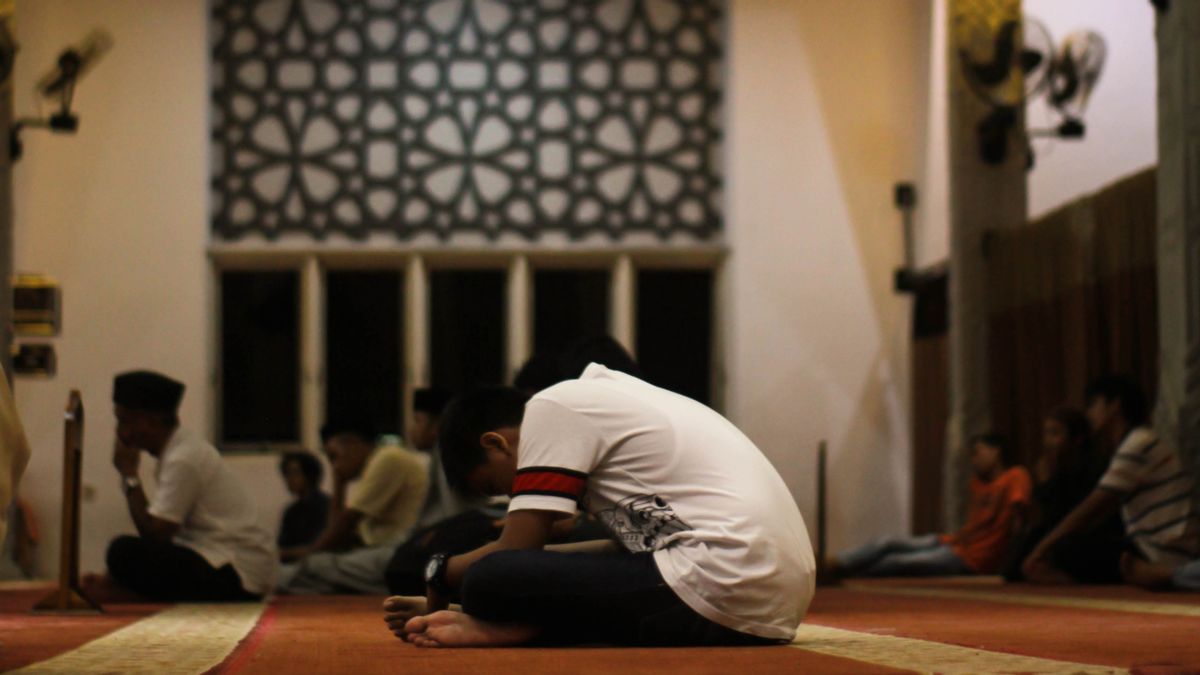JAKARTA - The recommendation of not holding Friday prayers and replacing them with Zuhur for Muslims by the Indonesian Ulema Council (MUI) has reaped the pros and cons. This recommendation appears to anticipate the transmission of a corona virus infection or COVID-19.
The Secretary of the MUI Fatwa Commission, Asrorun Niam Sholeh, straightened out the fatwa. There are nine fatwas issued by the MUI on March 16. First, if a person is normal and not sick, they have a responsibility to look after their health.
"They must also stay away from attitudes that cause disease transmission. This is part of their efforts," said Asrorun in a press conference at Graha BPPB, Jalan Pramuka, East Jakarta, Thursday, March 19.
Second, when someone is infected with the corona virus, he must isolate himself and not participate in religious activities that are public gatherings. This is to prevent transmission to other people.
"A person is infected with the COVID-19 virus, so he / she must not be in the public community, including for the sake of public worship. This does not mean eliminating worship, but merely providing protection so that it does not spread to others," explained Asrorun.
Furthermore, for people who feel symptoms of the corona virus disease, MUI allows them to carry out the Friday prayers in congregations in mosques replaced with Zuhr.
Then, regarding the implementation of Friday prayers for those who feel healthy, according to Asrorun, this needs to pay attention to the surrounding area.
When in their region there are cases of positive COVID-19 patients, they are prohibited from carrying out worship in public places. Meanwhile, if he is in an area that has not been exposed to the COVID-19 virus, he is still obliged to carry out Friday prayers at the mosque.
"With a note, he is alert to prevent transmission, maintain health conditions, clean places of worship, and also endeavor to bring his own prayer mat," said Asrorun.

Furthermore, if a healthy community performs worship in a mosque in a green zone or an area that has not been hit by the corona virus outbreak, but is in poor health, Asrorin advises that person to refrain and worship in a private space.
"Then, when the COVID-19 outbreak is out of control, the Friday prayers can be temporarily suspended until normal time," he said.
Asrorun continued, this kind of worship mechanism also applies to tarawih prayers in the month of Ramadan.
"In the red zone, we can limit our worship to physical crowds. Meanwhile, in the green zone, the activities are as usual but reduce the mass concentration and optimize health and hygiene," he concluded.
The English, Chinese, Japanese, Arabic, and French versions are automatically generated by the AI. So there may still be inaccuracies in translating, please always see Indonesian as our main language. (system supported by DigitalSiber.id)













